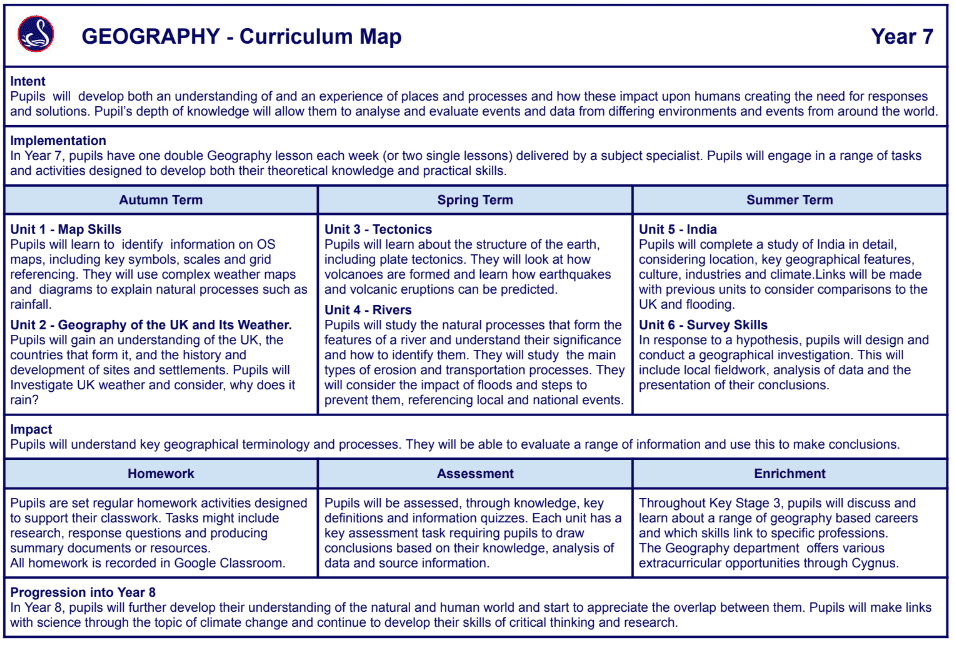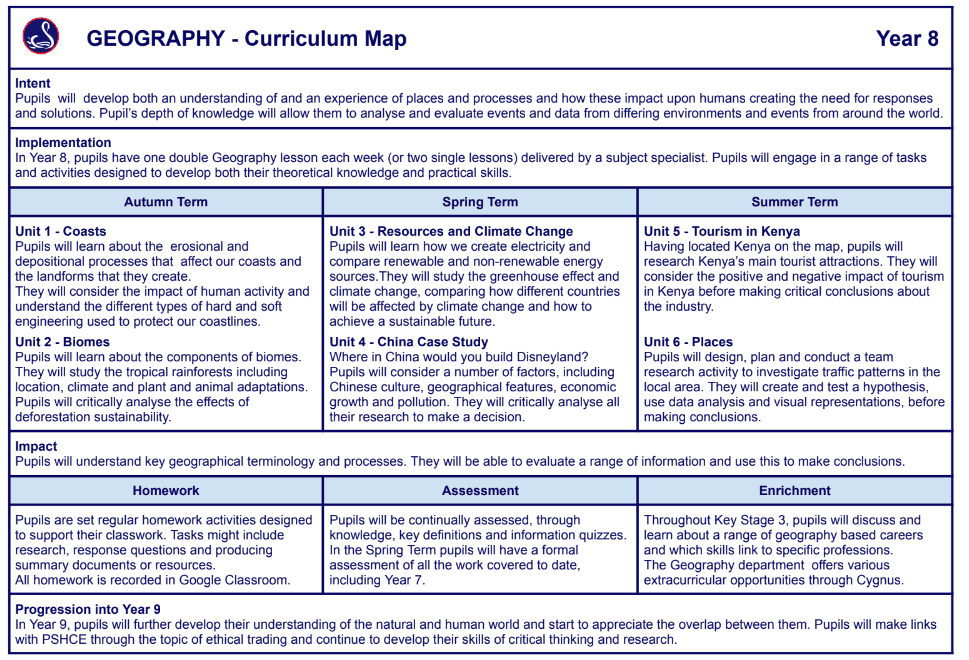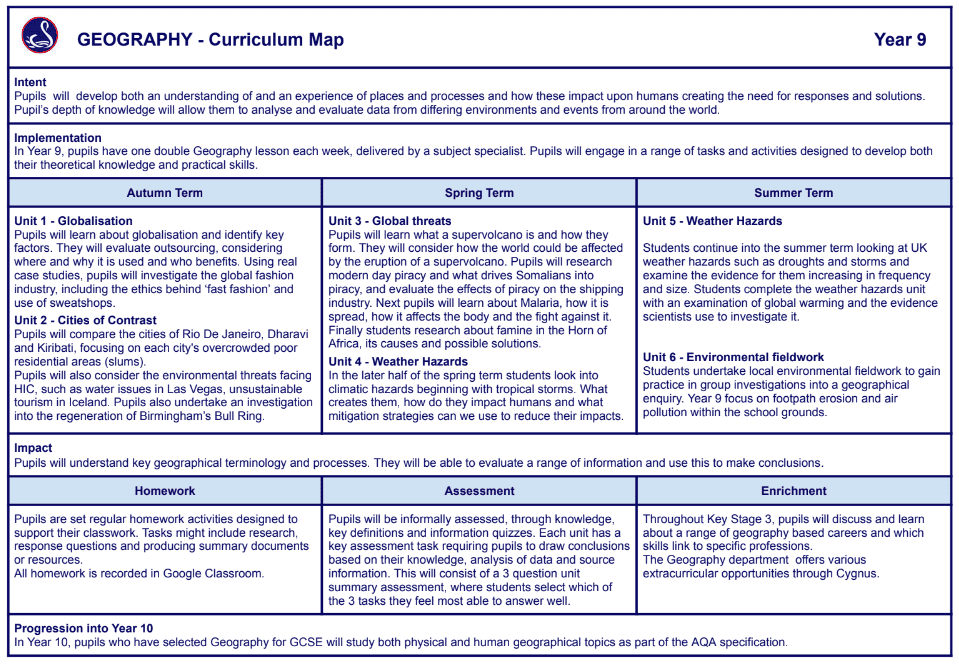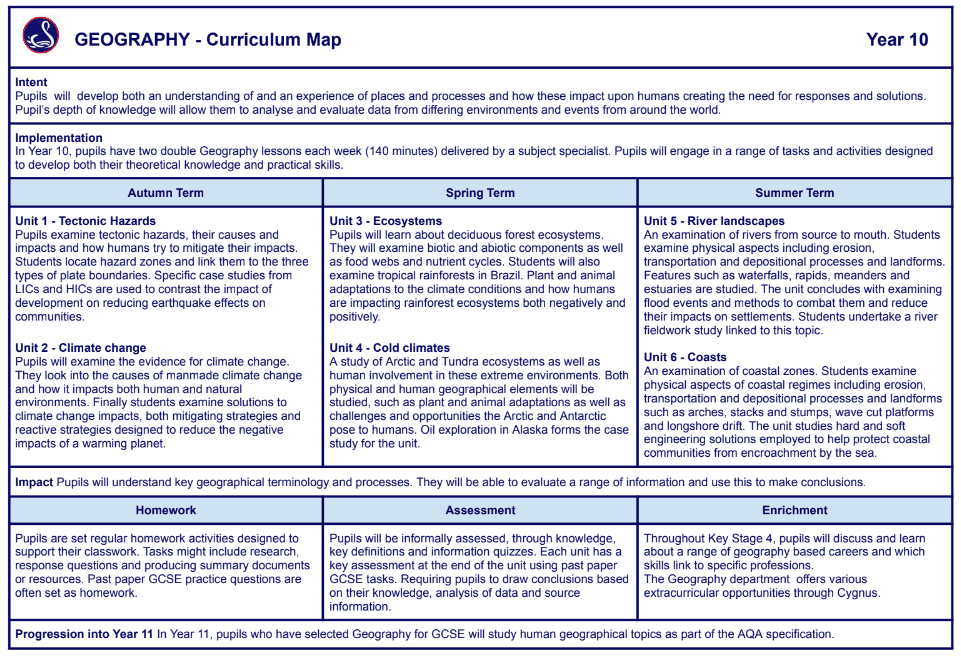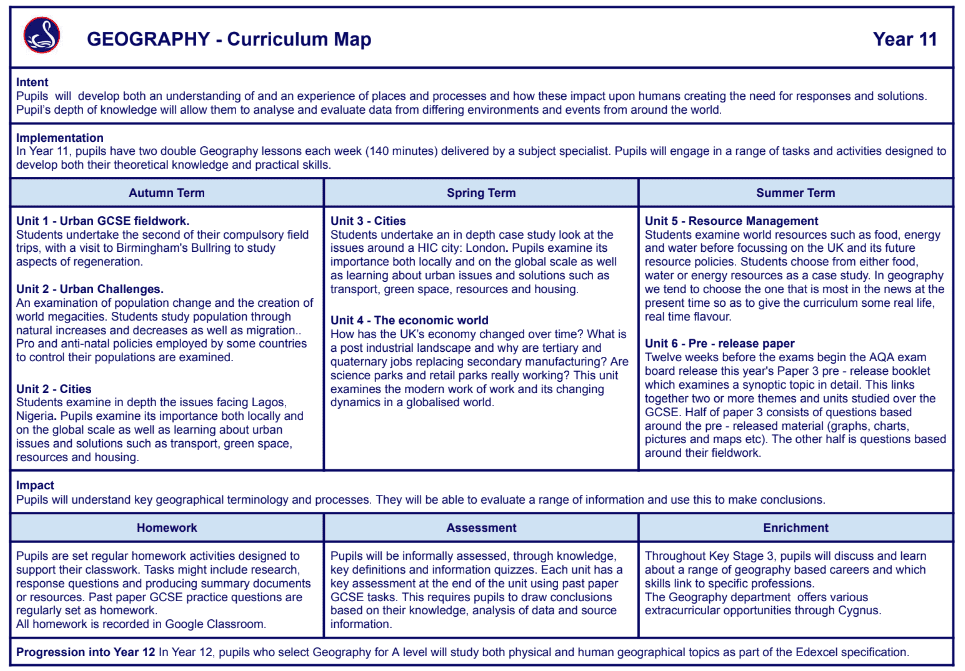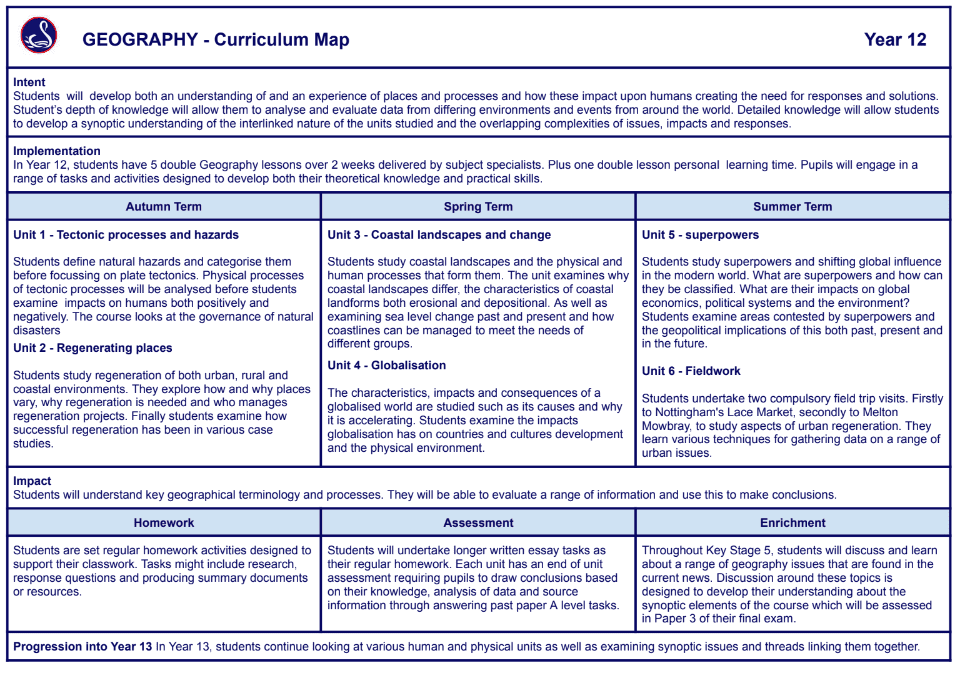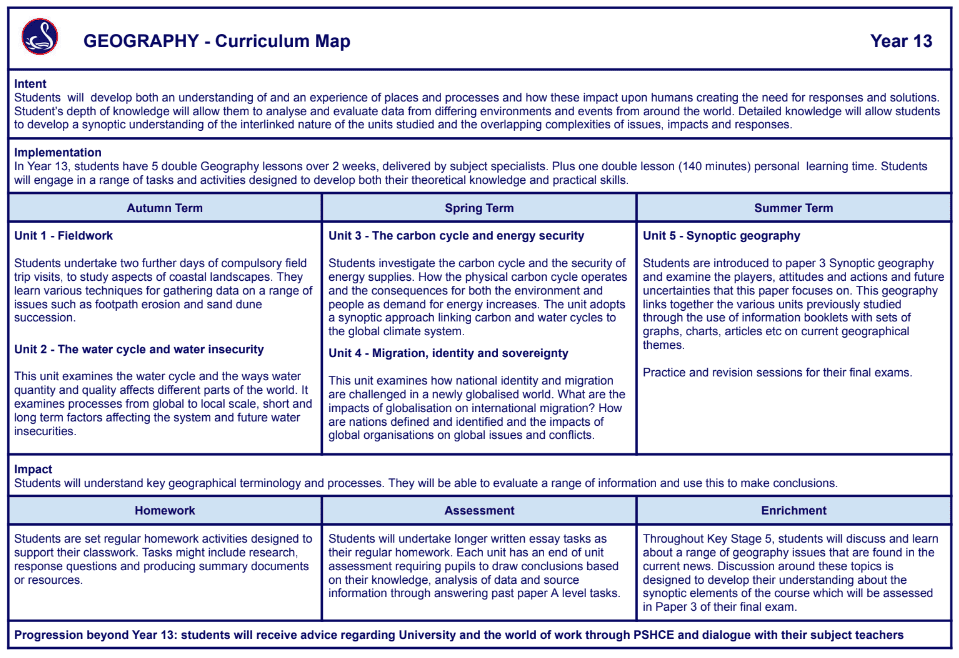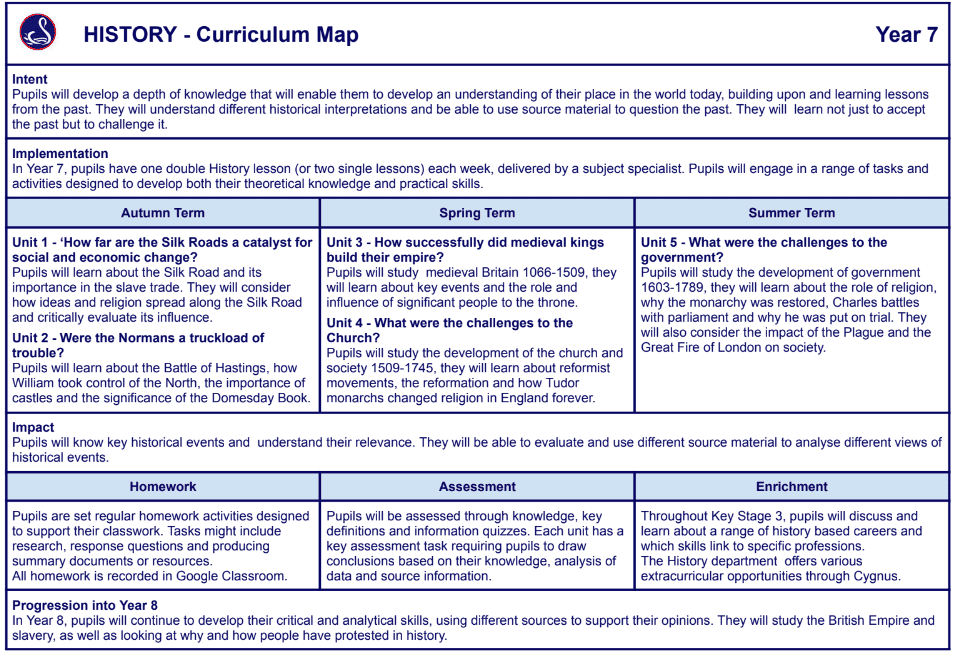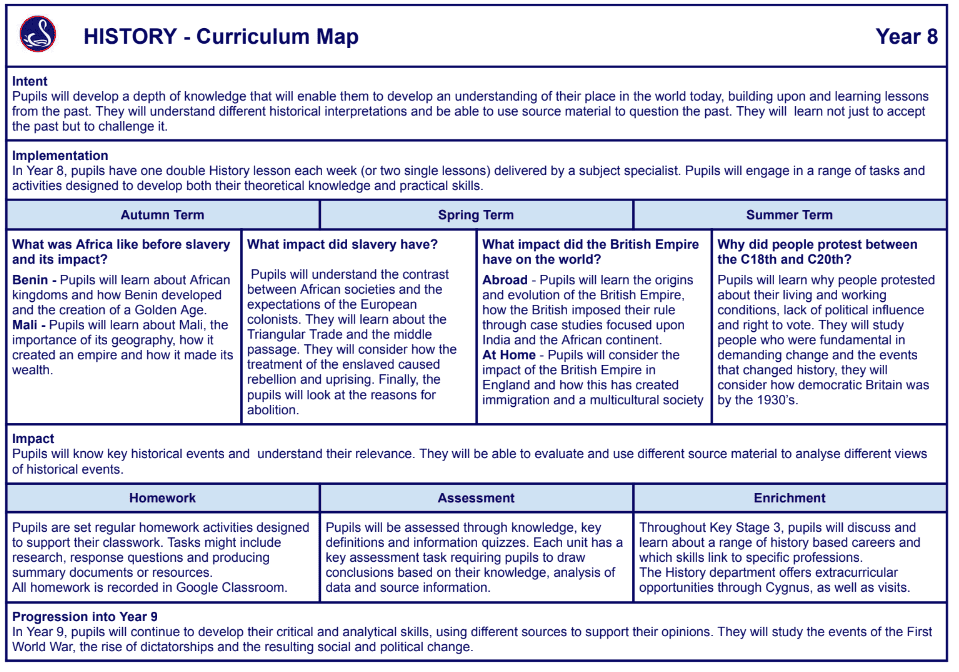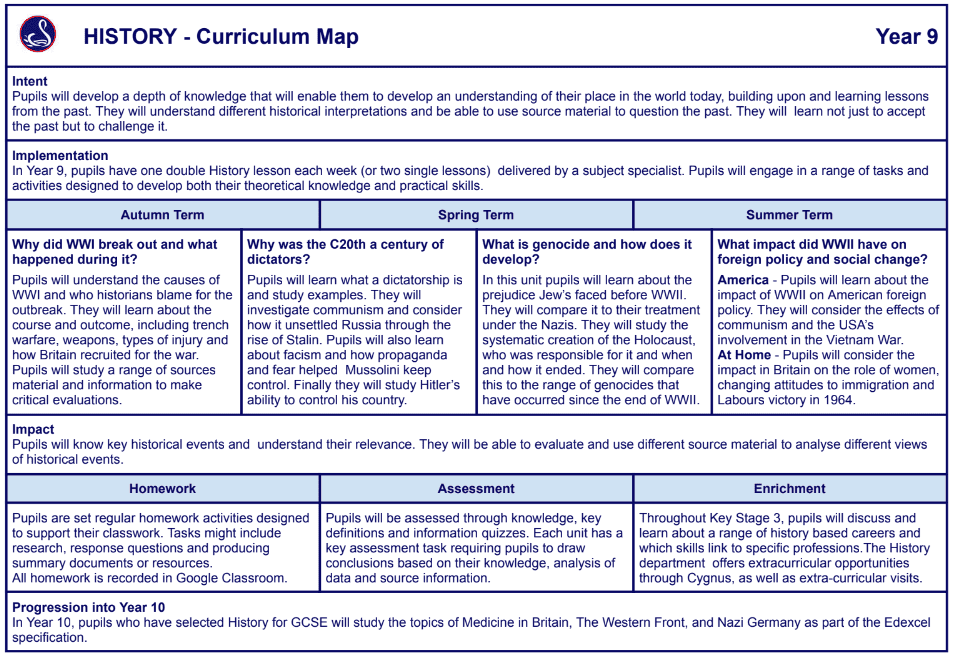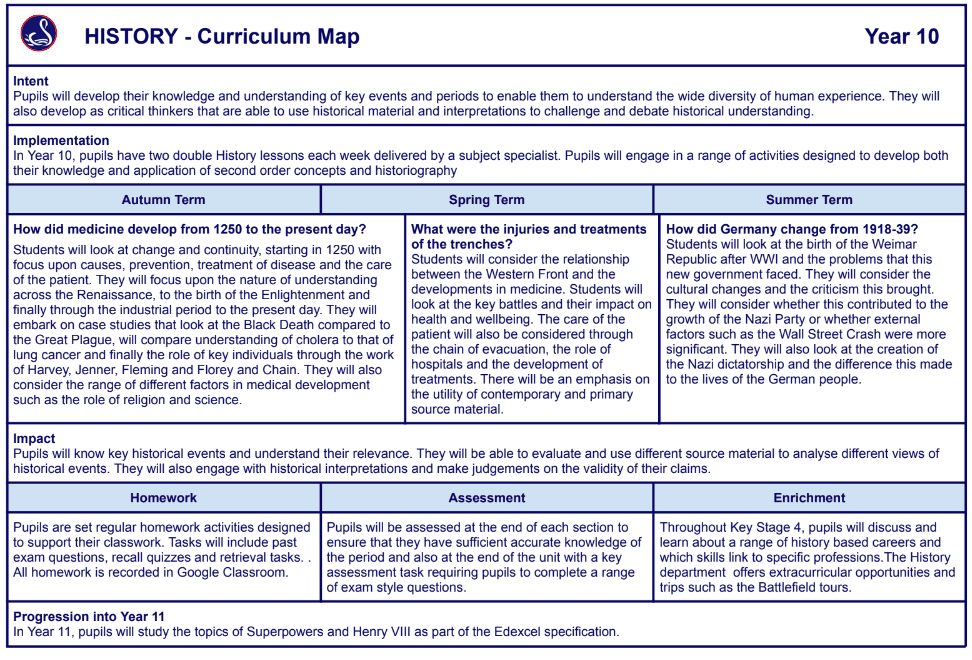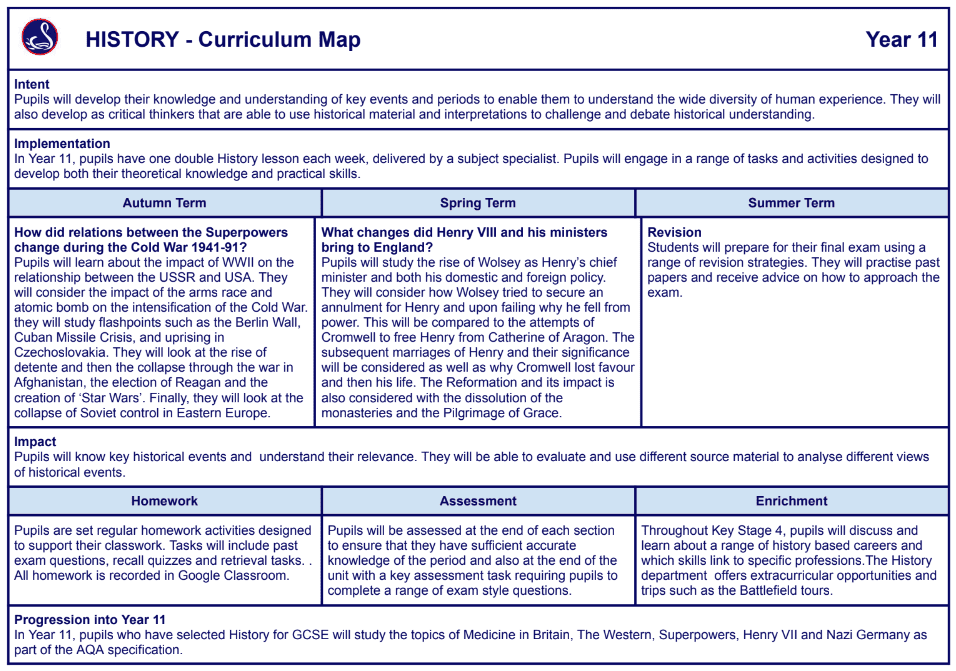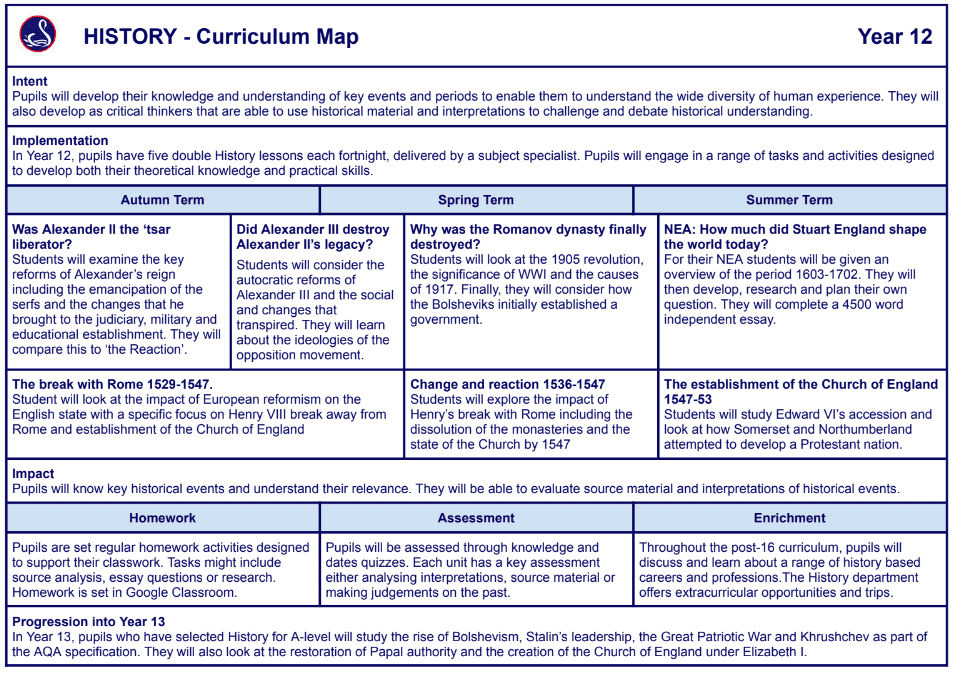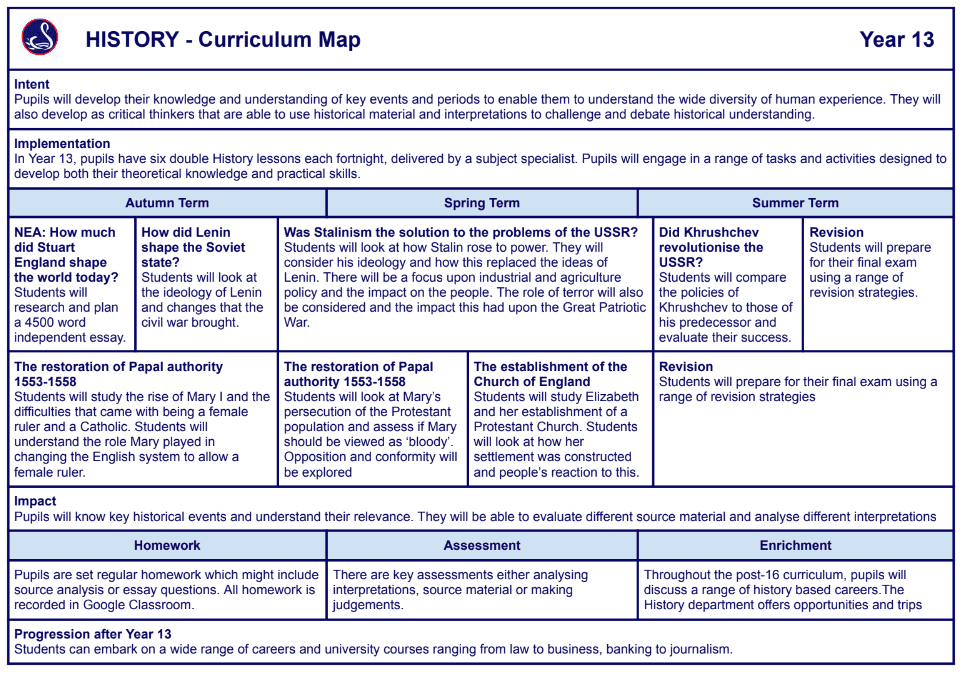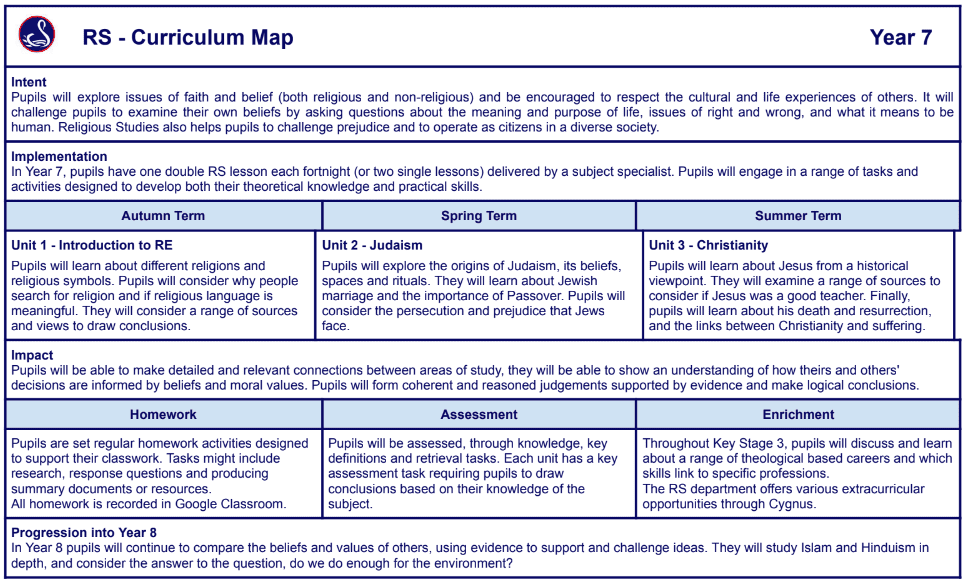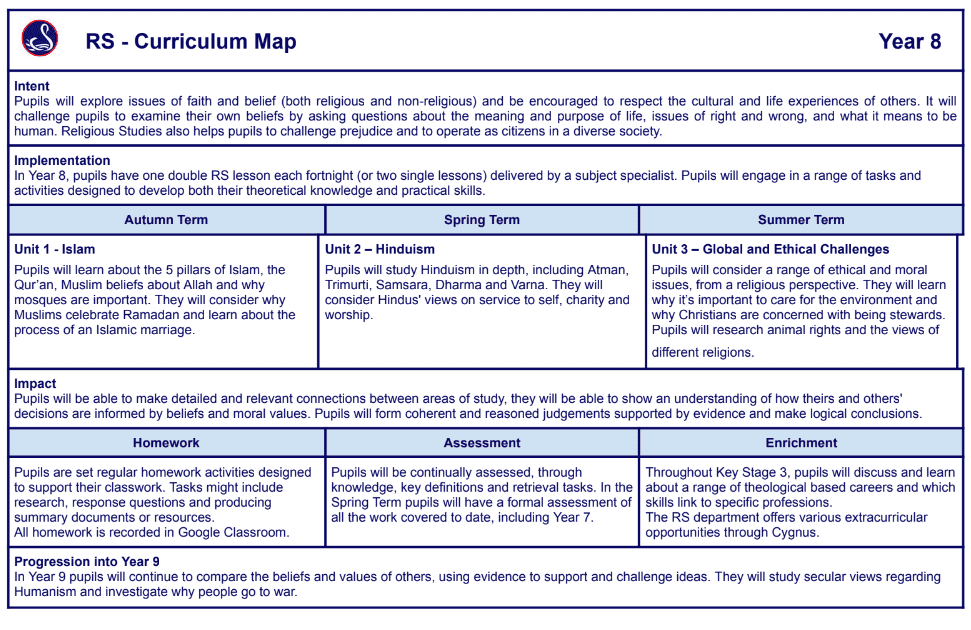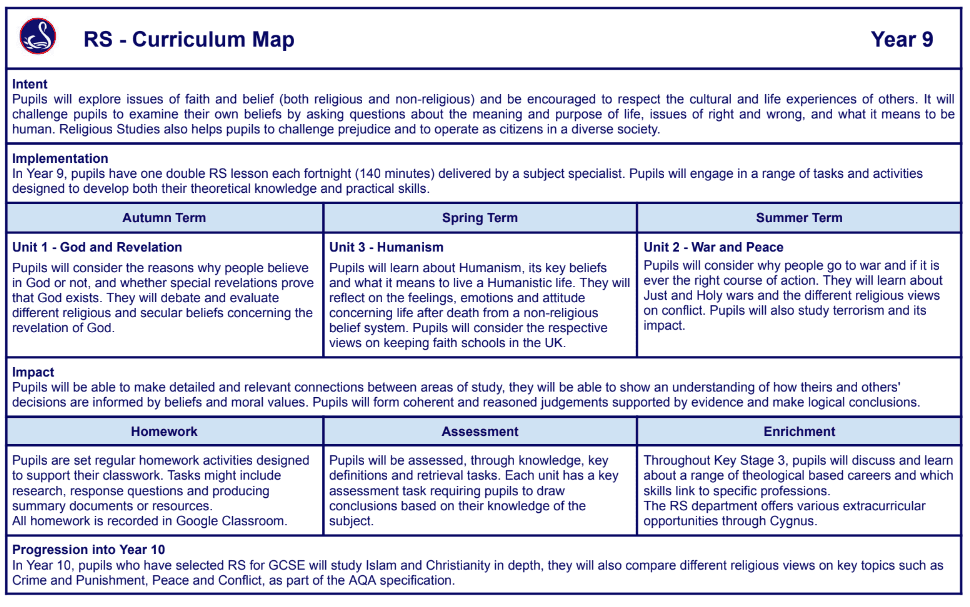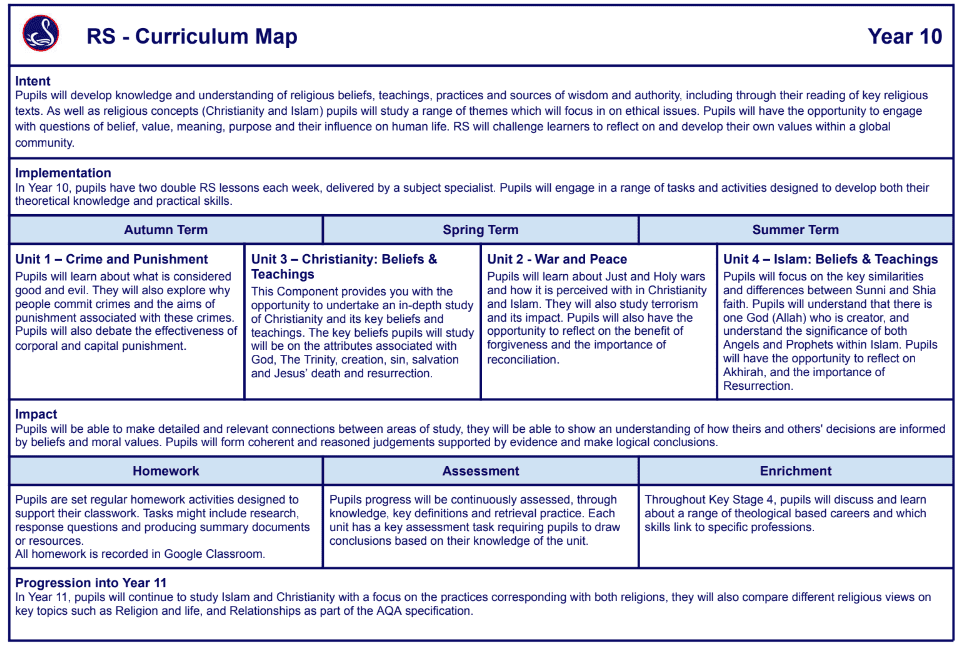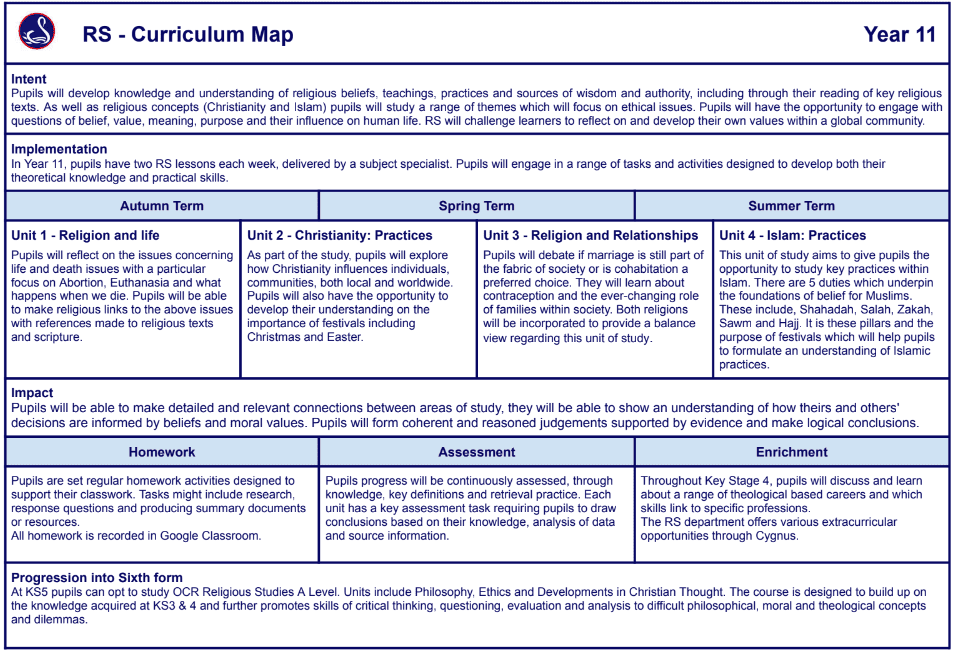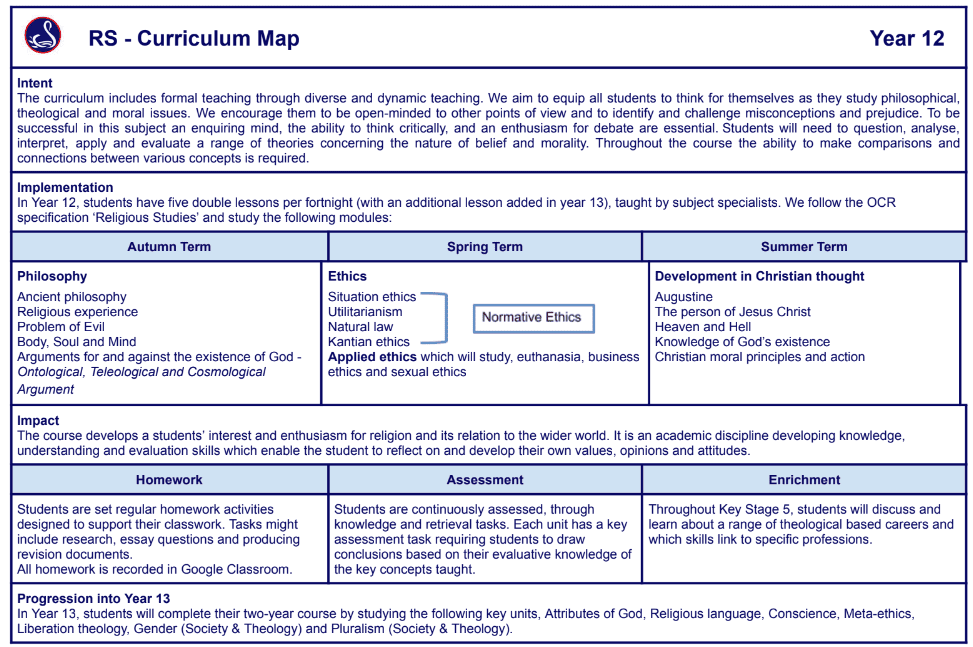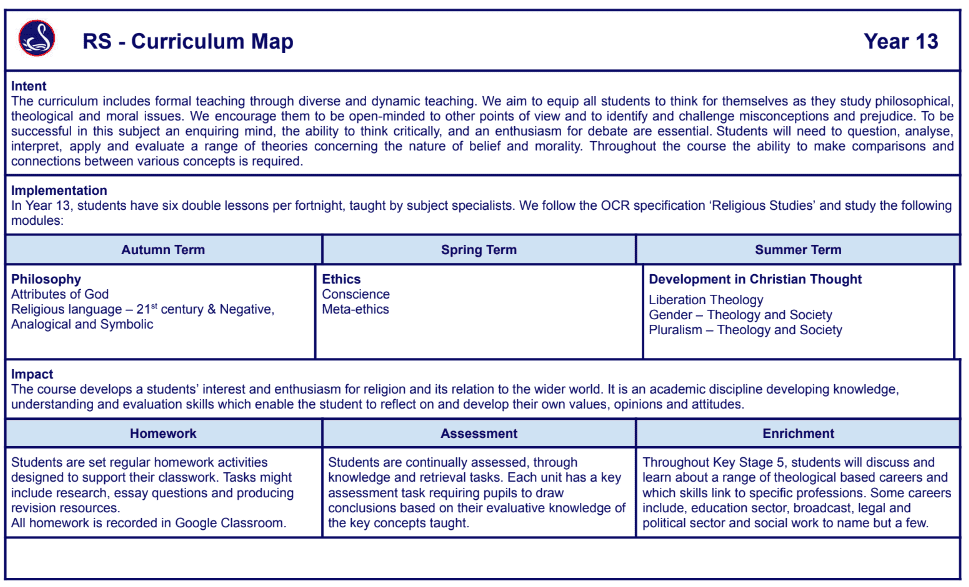Our vision…
The Chilwell school humanities faculty exists to provide an environment of learning that promotes knowledge, understanding, respect, appreciation, tolerance and an inquisitive attitude towards aspects of history, geography and religious education; allowing every child to explore issues from the past of life, belief, culture and spirituality in a safe place.
We aim to achieve this through creative learning experiences that allow all students to achieve their full potential. To ensure that pupils emerge as world citizens that value differences and similarities and who appreciate that the mistakes of the past can be learnt from to build a brighter future; that a deeper appreciation of how our environment interacts with us and how it can influence the human condition can lead to better lives; and that through developing open minds and critical thinking skills and empathy with others we can develop a better understanding of our place in the world.
Subject Areas
- Geography
- History
- Religious education
Our teaching of Religious Education follows the guidance given in the latest agreed syllabus for Nottingham City and Nottinghamshire:-
Religious Education for All
The Agreed Syllabus for RE in Nottingham City and Nottinghamshire
2021-2026
Using this agreed syllabus for religious education, we will enable our pupils to discover more about religion as well as other world views as we assist them to apply their learning to a range of topics. Our pupils are encouraged to express ideas and insights into key questions which face all human beings as we travel through life. They will take part in lessons, and could also receive visitors to school sharing a range of religious viewpoints and undertake their own visits to varied places of worship, Covid permitting.
Through these experiences they will gain insights and knowledge to help equip them as responsible citizens, ready to contribute positively to our society and the wider world.
The three-fold aims of RE in Nottingham City and the County will ensure that our pupils:
- Know and understand a range of religions and world views which will allow them to recognise the diversity which exists in our city and wider society.
- Can express ideas and insights about the nature, significance and the impact of religions and world views as they develop their own personal views on a range of issues
- Develop and use skills which will assist them to engage seriously with religions and world views
By following the agreed syllabus, RE will also contribute to a whole range of school priorities. Study of religious and world views will also promote spiritual, cultural, social and moral development, and will support pupils’ understanding of British values such as acceptance and respect for others who hold different world views.
If you would like to know more about the agreed syllabus a copy can be made available for you to read in school. Please contact Valerie.jones@nottscc.gov.uk for more information


